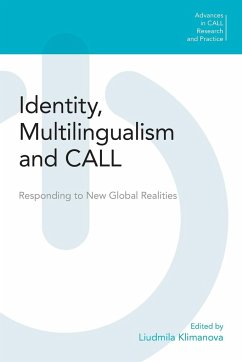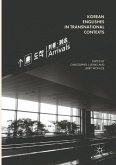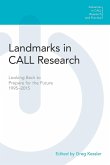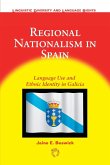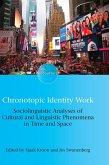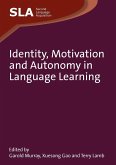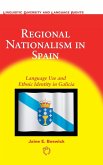Identity, Multilingualism and CALL focuses on a range of topics and studies that address the notion of plurilingualism and multilingual identity in computer-mediated language learning (CALL) spaces. Interest in digital multilingual identity in the fields of applied linguistics and language education has been growing exponentially in recent years. New theoretical assumptions and recent global challenges have urged researchers to problematize the traditional notion of virtual identity in the face of increased virtual connectedness and the hybridization of transcultural and translingual practices. The chapters in this collection contribute to this fast-growing body of interdisciplinary research, featuring conceptual papers and research studies of identity performances and multilingual communication in highly complexified digitally mediated social platforms. This volume contextualizes digital multilingual communication as it pertains to foreign language learning and teaching via a historical and conceptual overview of the multilingual movement in applied linguistics. It fills a research void by exploring critical aspects of identity and multilingual digital communication across a range of educational and non-institutional contexts where language learners actively participate in translingual and plurilingual practices. It illustrates new ways of evaluating and adapting CALL materials and teaching practices to accommodate multilingual speakers. Singling out identity research within the field of CALL is particularly critical in the era of hyperlingualism, a form of multilingualism characterized by the increased participatory nature of online communication and the provision of multiple languages in their own bounded spaces and places of use on the web and in other global and local digital contexts.
